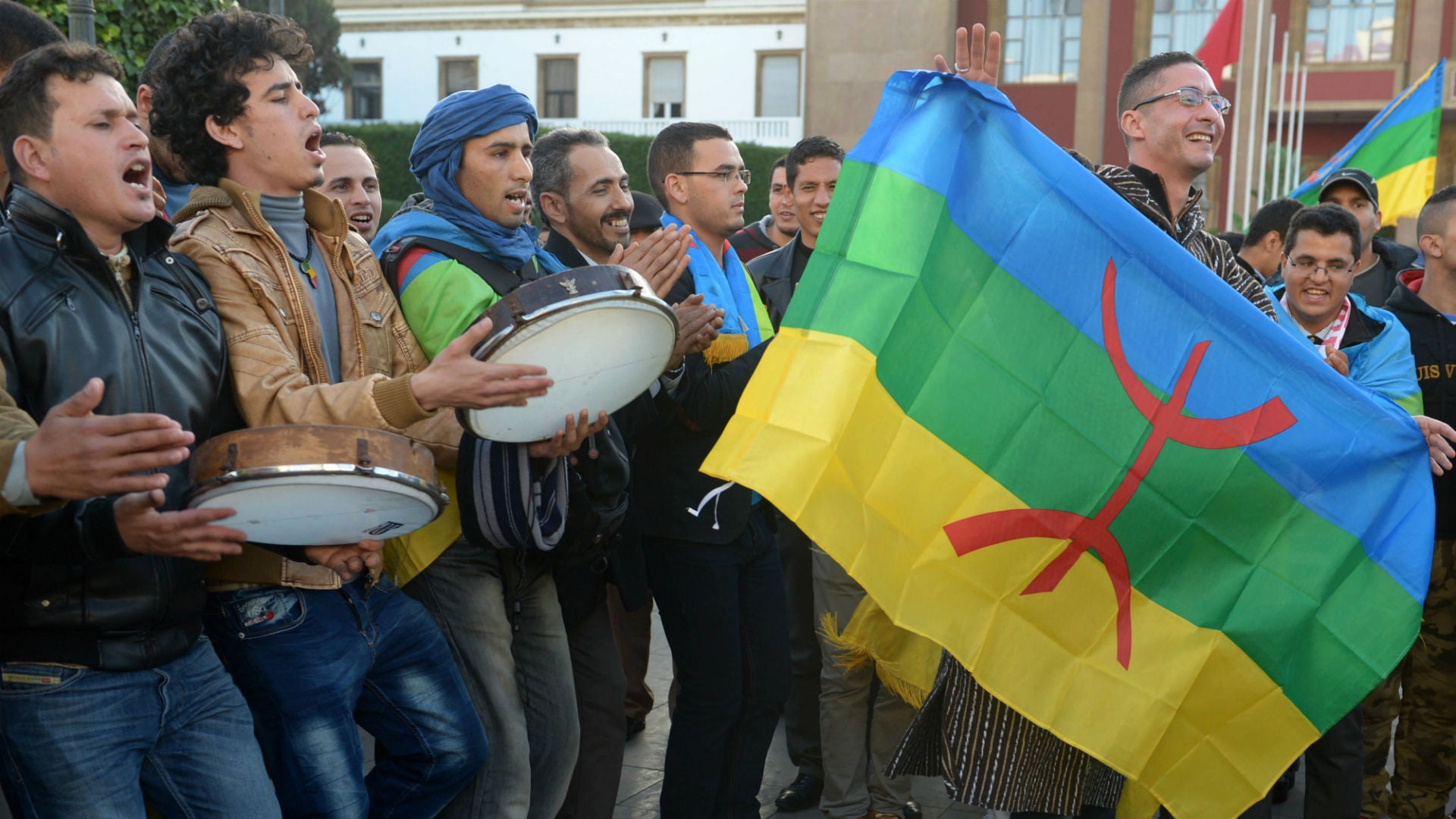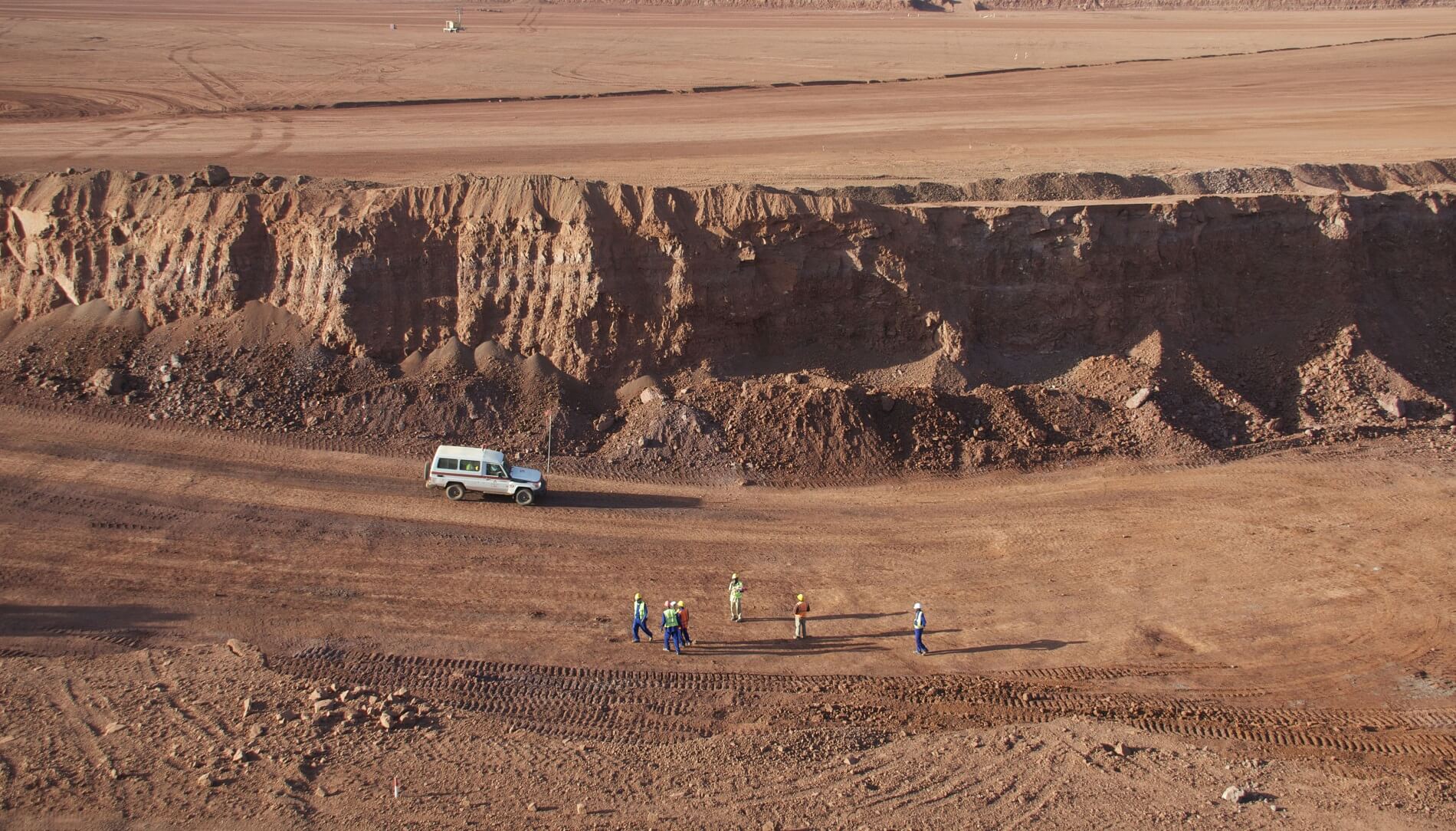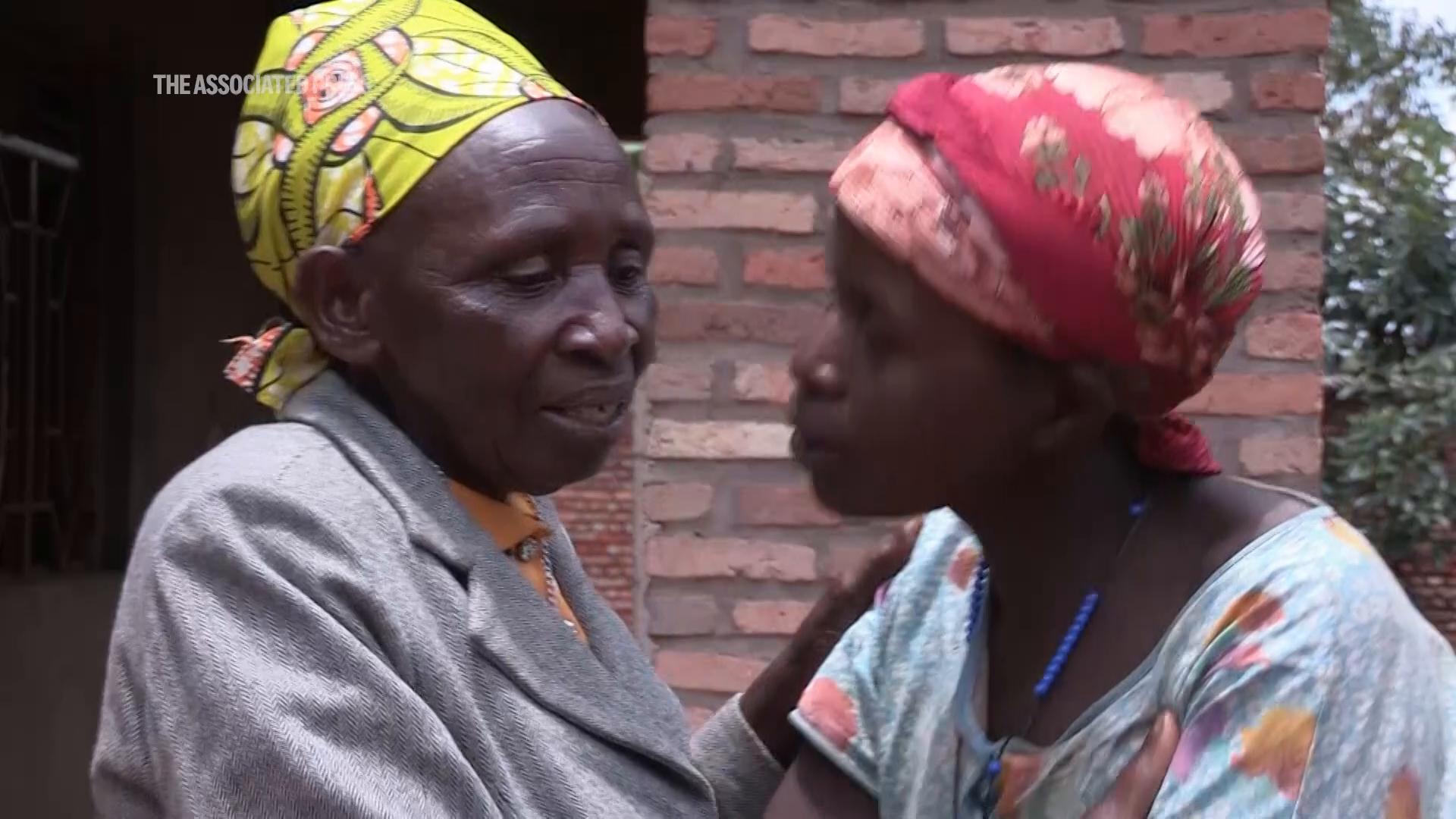
Morocco: Ilyas El-Malki at the heart of a new controversy after anti-Amazigh remarks
Morocco is shaken by a new online controversy that, this time, affects national unity and the identity sensitivity of the kingdom. The famous Moroccan YouTuber Ilyas El-Malki, already known for his antics, is the subject of a strong reaction after making remarks deemed offensive towards the Amazighs, the Berber community, during a live on social networks. This virulent outburst immediately triggered a wave of indignation and a collective complaint was filed for "incitement to hatred".
An online explosion against the Amazighs
It all started during a live broadcast where Ilyas El-Malki, followed by thousands of young Moroccans, launched into a diatribe against the Amazighs. The content of his remarks, particularly aggressive, quickly set the web ablaze. Users denounced the racist nature of his words, while some, as defenders of freedom of expression, tried to justify it through the prism of black humor. However, for leaders of the Amazigh community like Rachid Bouhadouz, it is unthinkable to leave such remarks unanswered.
“We must not trivialize this kind of speech and consider it as black humor,” insists Rachid Bouhadouz, an Amazigh political and cultural activist. According to him, tolerating these words could have serious consequences for national cohesion: “If we normalize such speeches, we risk weakening the unity of Morocco, a country that is based on the diversity of its cultural components.” Bouhadouz is one of the 15 Berber figures who took the initiative to file a formal complaint against El-Malki for “incitement to racial hatred.”
Ilyas El-Malki, a controversial influence
This is not the first time that Ilyas El-Malki has been in the news for legal reasons. Having just been released from prison, where he had served a three-month sentence for assaulting another YouTuber, his reputation is already tarnished. Despite this, his popularity on social networks remains significant, particularly among a young audience.
This aspect is particularly worrying for Me Mohamed Almou, the plaintiffs' lawyer: "The accused has a large audience, especially among adolescents and young adults. The hate speech he holds can easily be adopted and reproduced by these young people, who are impressionable and vulnerable to such rhetoric." The lawyer highlights here one of the major flaws of the digital age: the ability of public figures to propagate divisive and dangerous ideas with an impact potentially multiplied by the virality of social networks.
A Moroccan society in search of cohesion
Morocco is often presented as an example of harmonious coexistence between different cultural and regional identities, particularly between Arabs and Amazighs, who constitute a significant part of the kingdom's population. However, this case is a reminder of the fragility of balances. While the Amazigh identity has been officially recognized since the constitutional revision of 2011, the issue of recognizing the cultural and linguistic rights of the Amazighs remains a sensitive subject.
The incident triggered by El-Malki's remarks has rekindled tensions on this front. For Berber activists, this case goes beyond simple verbal insults. It is about defending an identity that is often sidelined, even denigrated. In this perspective, they hope that the Moroccan justice system will be able to send a clear message against the spread of hate speech, regardless of the pretext or context.
Justice challenged by incitement to hatred
The El-Malki case thus raises the broader question of the responsibility of influencers and public figures in the dissemination of statements inciting hatred and racism. For defenders of the Amazigh, the line is clear: El-Malki's statements must be severely punished to avoid any form of trivialization of racial hatred. However, the debate remains open on the border between freedom of expression and incitement to hatred, especially in a Moroccan society where discussions on identity and cultural diversity are still sensitive.
Social networks, which have become powerful vectors of opinion, amplify the impact of this type of discourse. It is therefore imperative for the authorities to set clear limits. As Me Mohamed Almou reminded us, the great responsibility that falls on personalities such as El-Malki is all the more important because they speak to a youth in search of reference points. The risk, if these excesses are not contained, is to see these remarks echoed and normalized, to the detriment of national unity and living together.



Leave a comment
This site is protected by hCaptcha and the hCaptcha Privacy Policy and Terms of Service apply.